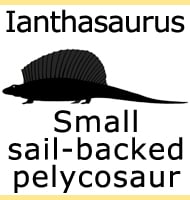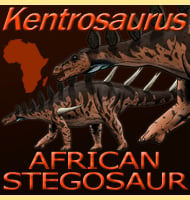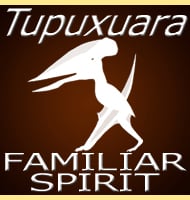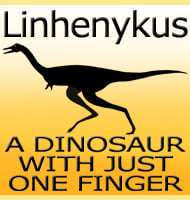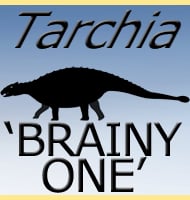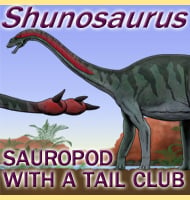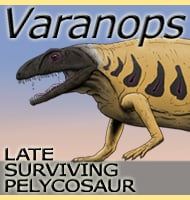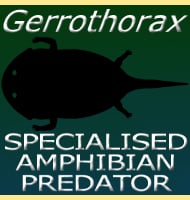In Depth
Smaller velociraptorine dromaeosaurs seem to have been one of the most important types of dinosaur in Asia during the Late Cretaceous as evidenced by the ever growing number of remains and genera. Linheraptor was similar in form to most others such as Velociraptor and it may have lived and hunted in pretty much the same way as them, principally using the enlarged sickle-shaped claws on their second toes as their main killing weapons. In depth analysis of these dinosaurs has revealed that Linheraptor is probably most closely related to the dinosaur Tsaagan.
Linheraptor is a reference to the Linhe district of Mongolia where the holotype remains were found (another dinosaur named after this district is Linhenykus). The species name L. exquisitus is in recognition of the exceptionally well preserved remains of the holotype.
Further Reading
– A new dromaeosaurid (Dinosauria: Theropoda) from the Upper Cretaceous Wulansuhai Formation of Inner Mongolia, China. – Zootaxa 2403:1-9. – X. Xu, J. N. Choiniere, M. Pittman, Q. Tan, D. Xiao, Z. Li, J. M. Clark, M. A. Norell, D. W. E. Hone & C. Sullivan – 2010. – The taxonomic status of the Late Cretaceous dromaeosaurid Linheraptor exquisitus and its implications for dromaeosaurid systematics. – Vertebrata PalAsiatica. 53 (1): 29–62. – Xu Xing, Michael Pittman, Corwin Sullivan, Jonah N. Choiniere, Qing Wei Tan, James M. Clark, Mark A. Norell & Wang Shuo – 2015.

